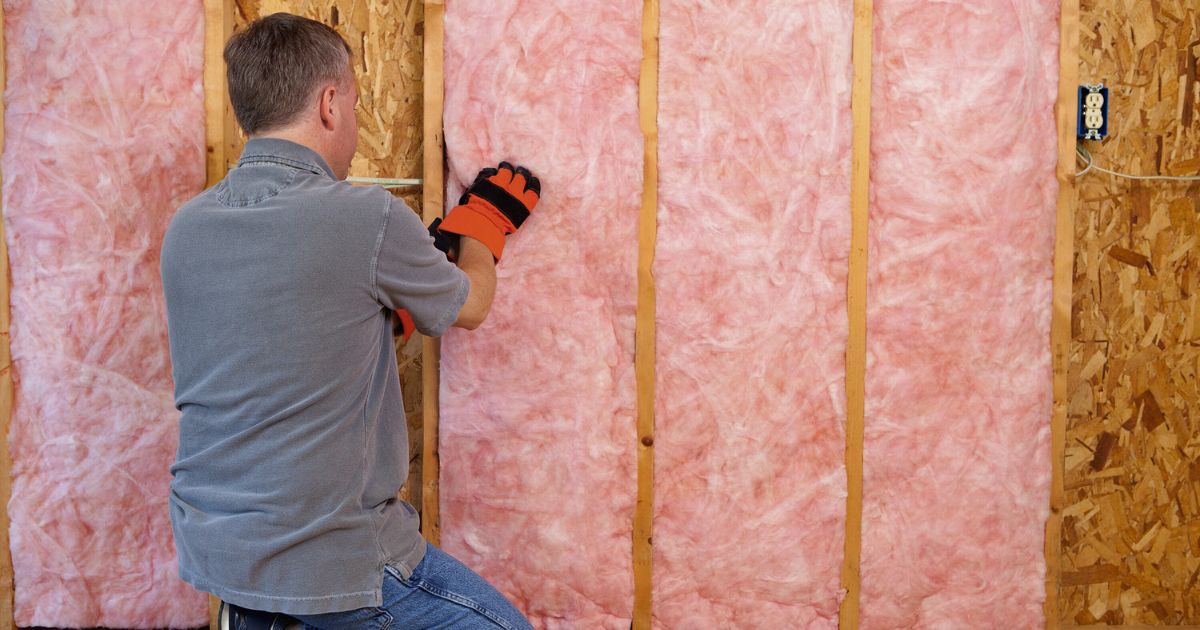In today's world, where energy conservation and sustainability are paramount, finding the best insulation for your home or building is crucial. Insulation plays a vital role in maintaining comfortable indoor temperatures, reducing energy consumption, and minimizing carbon footprint. In this comprehensive blog post, we will delve into the realm of insulation, exploring the various types, their benefits, and how to choose the best insulation solution for your specific needs.
- Understanding Insulation:
Insulation is a material or system that inhibits the transfer of heat, sound, or electricity. It acts as a barrier, preventing the exchange of thermal energy between the interior and exterior environments. The primary purpose of insulation is to maintain a consistent temperature inside a structure, regardless of external conditions. - Types of Insulation:
a. Fiberglass Insulation:
- Composed of fine glass fibers, fiberglass insulation is one of the most common and cost-effective options available.
- It provides excellent thermal resistance and is relatively easy to install.
- Fiberglass insulation is non-combustible and resistant to moisture, making it suitable for various applications.
b. Spray Foam Insulation:
- Spray foam insulation is a versatile and efficient option that expands upon application, filling gaps and creating an airtight seal.
- It offers superior thermal resistance and effectively reduces air leakage, resulting in significant energy savings.
- Spray foam insulation is ideal for hard-to-reach areas and provides excellent soundproofing properties.
c. Cellulose Insulation:
- Made from recycled paper or plant fibers, cellulose insulation is an eco-friendly choice.
- It offers excellent thermal performance and effectively reduces noise transmission.
- Cellulose insulation is treated with fire retardants, making it a safe option for residential and commercial buildings.
d. Mineral Wool Insulation:
- Mineral wool insulation is derived from natural minerals, such as basalt or slag.
- It provides exceptional fire resistance, sound absorption, and thermal insulation properties.
- Mineral wool insulation is durable, moisture-resistant, and suitable for high-temperature applications.
- Factors to Consider:
a. R-Value:
- The R-value measures the insulation's thermal resistance. A higher R-value indicates better insulation performance.
- Consider the climate zone and desired energy efficiency when selecting insulation with an appropriate R-value.
b. Moisture Resistance:
- Moisture can compromise insulation effectiveness and lead to mold or mildew growth.
- Choose insulation materials with inherent moisture resistance or consider vapor barriers for added protection.
c. Environmental Impact:
- Opt for insulation materials with low environmental impact, such as recycled or natural materials.
- Look for certifications like LEED or Energy Star to ensure eco-friendly choices.
d. Installation and Maintenance:
- Consider the ease of installation and long-term maintenance requirements of different insulation types.
- Professional installation may be necessary for certain insulation materials.
Conclusion:
Choosing the best insulation for your specific needs is crucial for achieving optimal energy efficiency and comfort. Fiberglass, spray foam, cellulose, and mineral wool insulation are among the top contenders, each with its unique benefits. Consider factors like R-value, moisture resistance, environmental impact, and installation requirements when making your decision. By investing in high-quality insulation, you can create a well-insulated space that reduces energy consumption, lowers utility bills, and contributes to a sustainable future.

